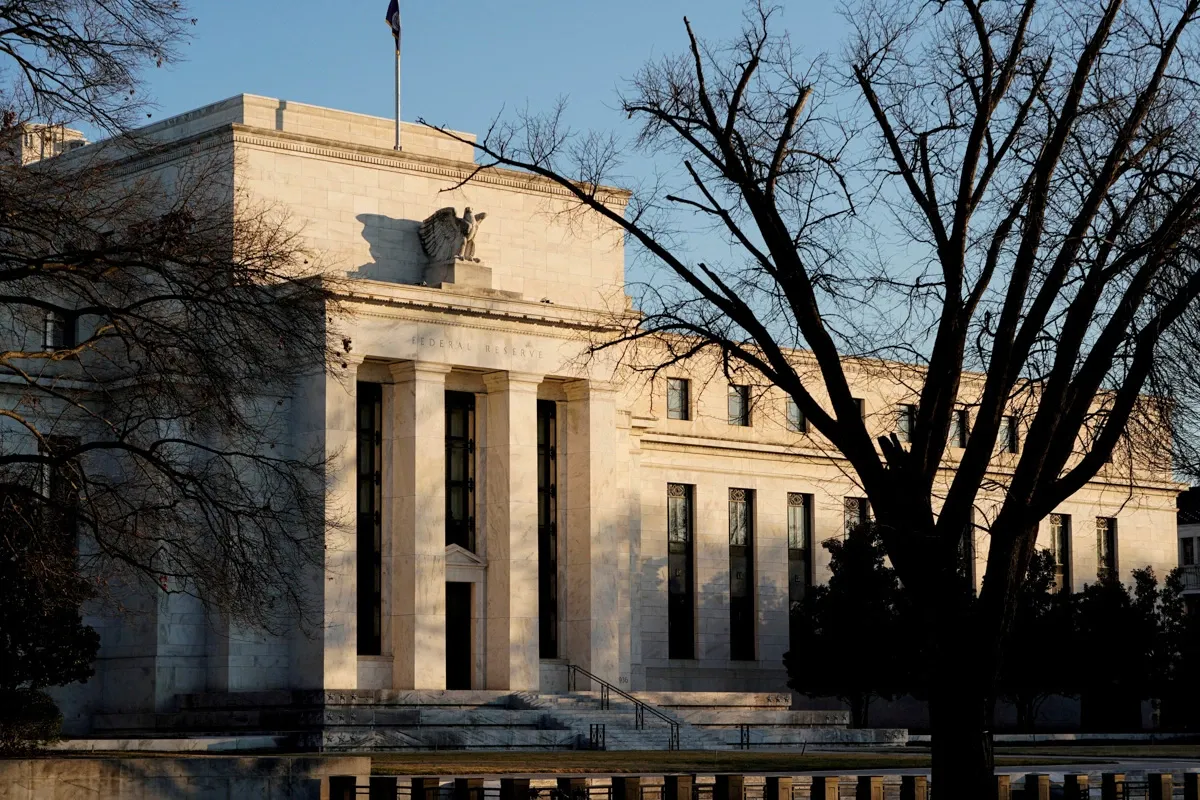Investors Are Concerned That The Overheated Economy Could Result In A More Intense Rate Path
Several people are persuaded by the strength of the data that interest rates will be raised more than they previously thought.
There is no indication that the American economy is nearing a recession.
Traders are beginning to worry that this could ultimately be bad news for the markets.
Wall Street has been hopeful that the Federal Reserve will be able to pull off a "soft landing," or a scenario in which the United States avoids a severe downturn, for the majority of the last several months. Bonds and risky assets like equities surged to start the year thanks to signals of the economy's resiliency and a slowing of inflation.
But, a recent run of hot data has led some investors to believe that there may be "no landing," as evidenced by the two different inflation readings issued last week, which revealed that both consumer and producer prices increased more than anticipated in January. The monthly increase in retail sales was the largest in over two years.
The labor market has also continued to be strong. According to a Labor Department report released earlier this month, companies created more than 500,000 new jobs in January, bringing the jobless rate to a 53-year low.
That string of positive economic data should be favorable for markets under normal circumstances. Yet, investors have been considering how practically everything during the previous year would affect the Fed's interest-rate policy. They increasingly worry that if the U.S. economy stays too strong, the Fed may be forced to hike interest rates further and keep them there for a longer period of time than they predict. That would increase the likelihood of a severe slump, which would probably cause markets to suffer more.
The S&P 500 decreased by 0.3% last week, bringing its annual gains to 6.2%. The two-year U.S. Treasury note yield Treasury note, which is particularly susceptible to market participants' anticipations of monetary policy, terminated the week at 4.621%.
As much as the Fed has raised interest rates, Michael Farr, head of the investment management company Farr, Miller & Washington, noted that the data are holding steady.
Mr. Farr expressed concern that investors continue to place too much faith in the Fed's ability to quickly control inflation, which is still far higher than pre-pandemic levels, while also preventing the economy from entering a recession.
Perhaps this will be the opportunity for a flawless landing and an exact rate adjustment suggested by Mr. Farr. Yet, history has demonstrated that the Fed has a dismal record of doing this, he continued.
Investors will be keeping an eye on the minutes from the Fed's most recent meeting, existing home sales information, and personal consumption expenditures data in the coming days. Due to Presidents Day, markets are closed on Monday.
Many people are now convinced that the Fed will need to raise interest rates much higher than they had previously anticipated due to the quality of the data that has emerged in the last few weeks.
The highest federal funds rate was predicted by Steven Englander, global head of G10 FX research at Standard Chartered, to be 5.25% last week, up from his earlier prediction of 4.75%. Matthew Luzzetti, the head of U.S. economics at Deutsche Bank AG, updated his prediction for the highest fed-funds rate to be 5.6% in July. Prior to last week's statistics, Mr. Luzzetti had predicted that the fed-funds rate would reach a maximum of 5.1%.
Higher interest rates have also been factored in by bond traders. According to Trade Algo, traders on the derivatives markets anticipate the fed-funds rate to peak at roughly 5.25% in August. In contrast, traders had bet that the fed-funds rate would peak at roughly 4.88% in June near the beginning of the month.
According to Brett Ryan, senior U.S. economist at Deutsche Bank, "a higher for longer policy rate would clearly drag on risk assets and enhance the likelihood of a recession."
Stocks would likely suffer in the event of a recession. In recessions dating back to 1946, the S&P 500 has had a median fall of 24%, according to an analysis from Deutsche Bank.
It doesn't seem like the stock market has priced for such a possibility.
According to Mr. Englander of Standard Chartered, investors seem to be holding fast to the notion of "immaculate disinflation," in which inflation declines noticeably while economic growth is still robust.
Some economists think the Fed still has a slim window of opportunity to avert a recession.
According to Apollo Global Management's chief economist, Torsten Slok, "after a no landing, you can still have a soft landing." It all relies on when and how quickly the economy as a whole will react once it does start to react to increased interest rates.
Is that terrible news? The economy's interest rate-sensitive sectors, such as housing and cars, have shrunk dramatically, while business activity in the services sector has held steady, according to Mr. Slok. It is significant, he noted, as the services sector makes for nearly 80% of the GDP.
According to Mr. Slok, the primary dangers to the credit and stock markets continue to be inflation and Fed policy.

Subscribe to our newsletter!
As a leading independent research provider, TradeAlgo keeps you connected from anywhere.








